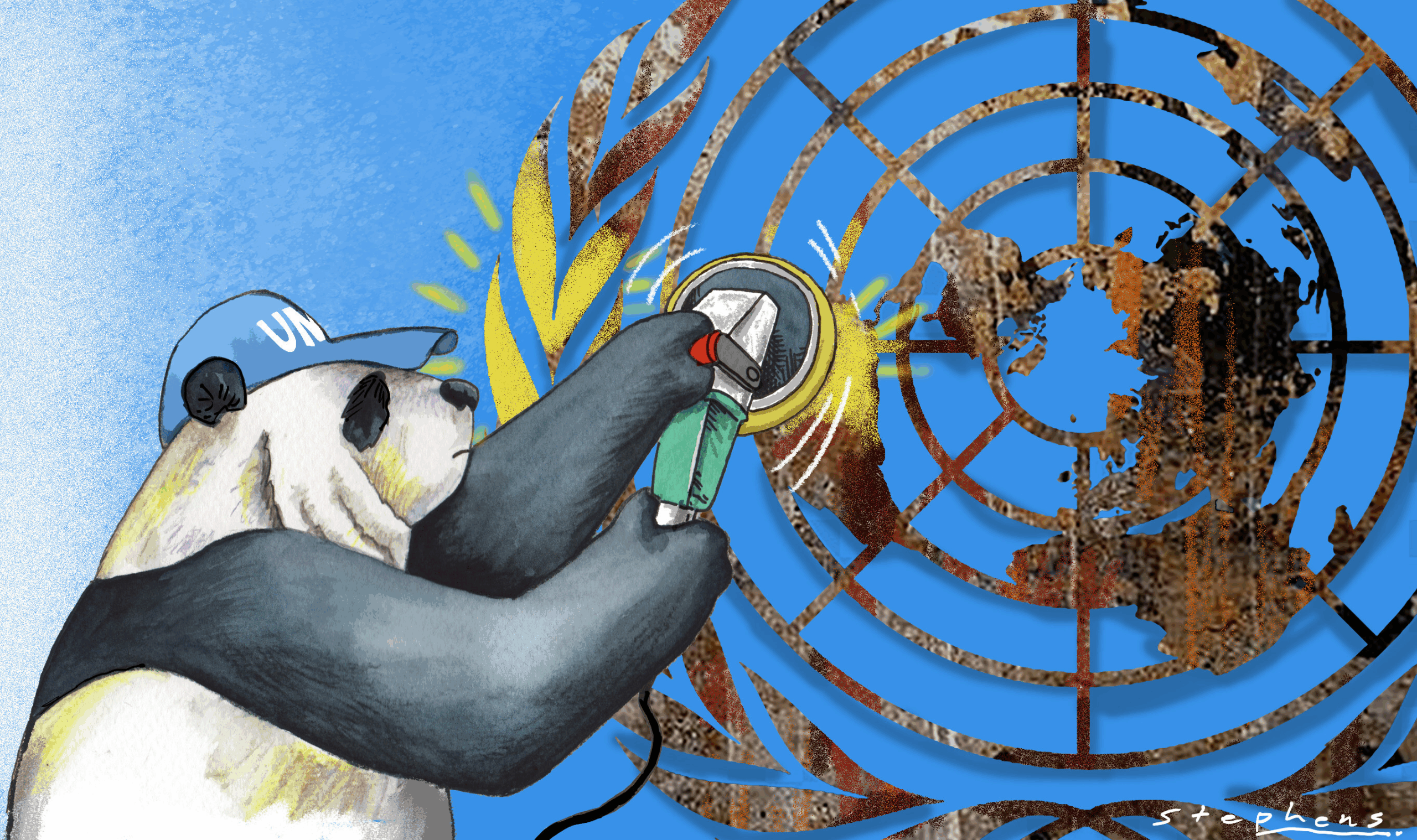The United Nations is running out of money. Reports suggest it could go broke by October 2025. Instead of concern, many are asking a harder question: Should the UN even be saved?

Since its founding in 1945, the UN promised peace, aid, and cooperation. Seventy-nine years later, the record is clear. Wars still rage. Millions still starve. Disease still spreads. And the UN? Still holding meetings, issuing statements, and spending billions.
The current budget is $6 billion for 2024–2025. But unpaid dues and falling donations have created a liquidity crisis. The United States alone owes over $2.7 billion. Many see that as a good start.
A Record of Failure
The UN failed to stop genocide in Rwanda. It failed wit reconciliation in Bosnia. It failed in Syria, Iraq, and Libya. It couldn’t prevent the war in Ukraine. It did nothing in Yemen but count bodies. Peacekeeping missions often became PR campaigns—expensive, ineffective, and sometimes corrupt.
The blue helmets have been accused of abuse, trafficking, and rape in conflict zones. UN officials condemn from afar, then carry on as if nothing happened. Accountability is almost nonexistent. Bureaucrats move from one post to another, immune to the damage they leave behind.
More Bureaucracy, Less Help
Today’s crisis exposes what many critics already knew. The UN isn’t about saving lives. It’s about sustaining itself.
The World Food Programme claims it needs $6.4 billion more next year. But last year, the same agency cut rations while flying executives around the world for conferences. OCHA is cutting 500 staff—but most of those staff never delivered food or medicine. They sat in offices writing reports.
Meanwhile, the UNHCR talks of closing country offices. Yet for years, those offices operated more like embassies than emergency teams.
Syria’s humanitarian appeal is only 12.5% funded. Still, the UN maintains luxurious headquarters in Geneva and New York. The priorities are clear: optics over impact.

A Club of the Connected
The UN’s structure rewards the powerful. Five countries hold veto power at the Security Council—making real decisions impossible. China, Russia, the U.S., France, and the UK block action based on interest, not principle.
The rest of the world watches, pretends to vote, and gets ignored. The General Assembly passes hundreds of resolutions. Few have any effect.
Aid distribution is political. Contracts go to insiders. Consultants drain budgets. Local NGOs, often more efficient, get scraps.
Money for the UN Is Money for the Cabal
Secretary-General António Guterres warns of a humanitarian collapse. He says over 300 million people depend on UN aid. But how many actually receive it?
The numbers sound good. But peel back the layers, and they don’t hold up. Many programs are ghost operations—visible on paper, invisible on the ground.
Member states delay payments. Guterres proposes cost-cutting reforms. He wants to move operations to cheaper countries like Kenya. That’s not reform. That’s relocation.
Real reform would mean slashing waste, firing dead weight, and dismantling departments that exist only to justify their existence.
But the UN will never do that. Its top priority is survival.

No Tears for a Dying Institution
If the UN collapses, some fear chaos. Others see opportunity. Private charities, churches, grassroots movements, and even local governments often outperform the UN. They work faster, waste less, and don’t hide behind diplomatic immunity.
With the UN gone, new structures could emerge. Ones not built on Cold War politics and backroom deals. Ones that serve people—not powerful elites.
Yes, the idea of global cooperation is noble. But the UN has failed to make it work. Keeping it alive now means pouring good money into a broken system.
Time to Pull the Plug
The UN wants more cash. It deserves none. Not another cent until there’s real transparency, real change, and real results.
Enough with symbolic summits. Enough with empty speeches. Enough with the illusion of progress.
The world faces real problems. The UN is not the solution. It’s part of the problem.
Let it fail. Then let’s build something better.
Our Visitor






 Users Today : 33
Users Today : 33


